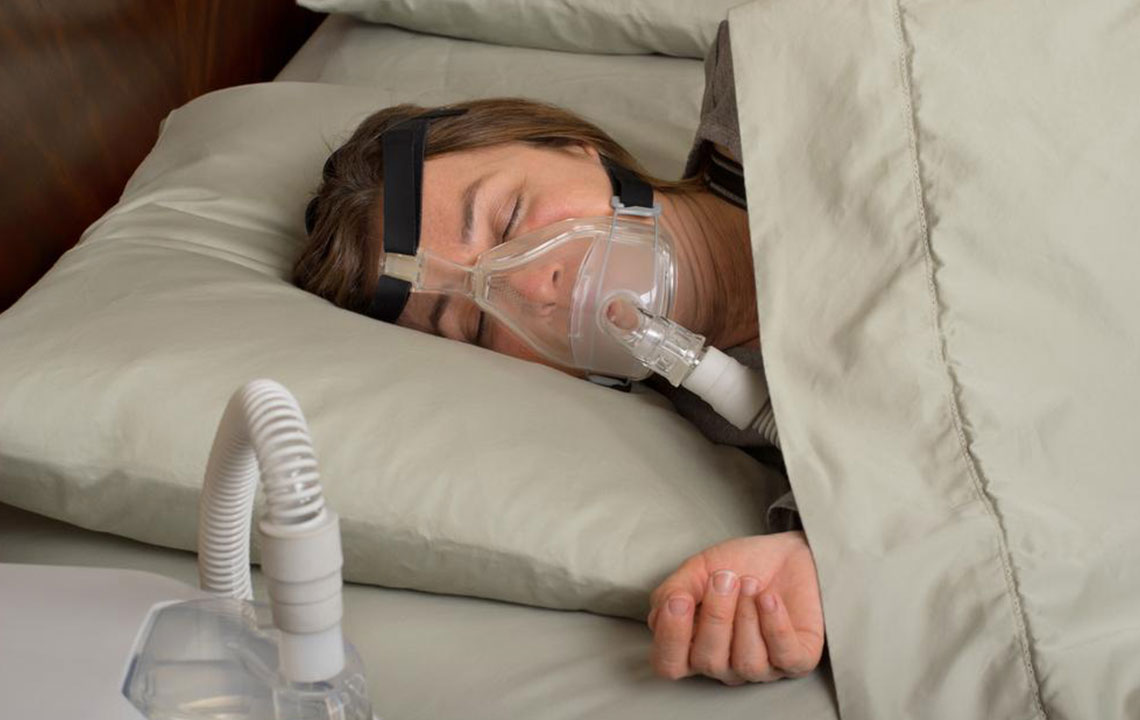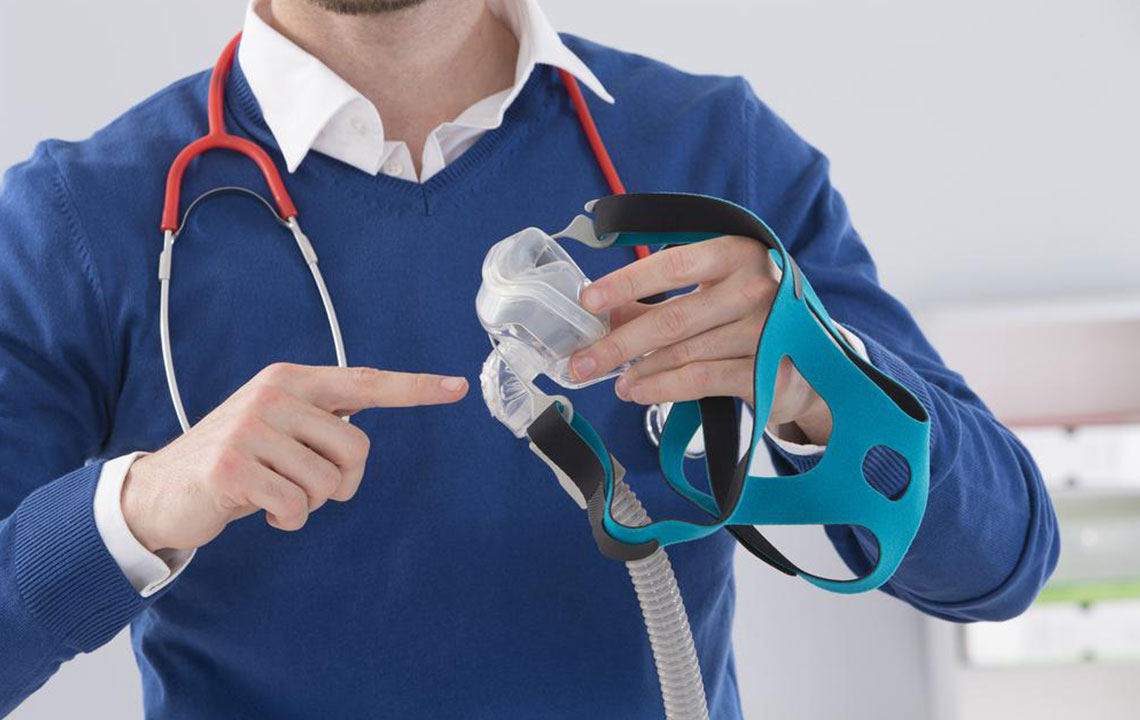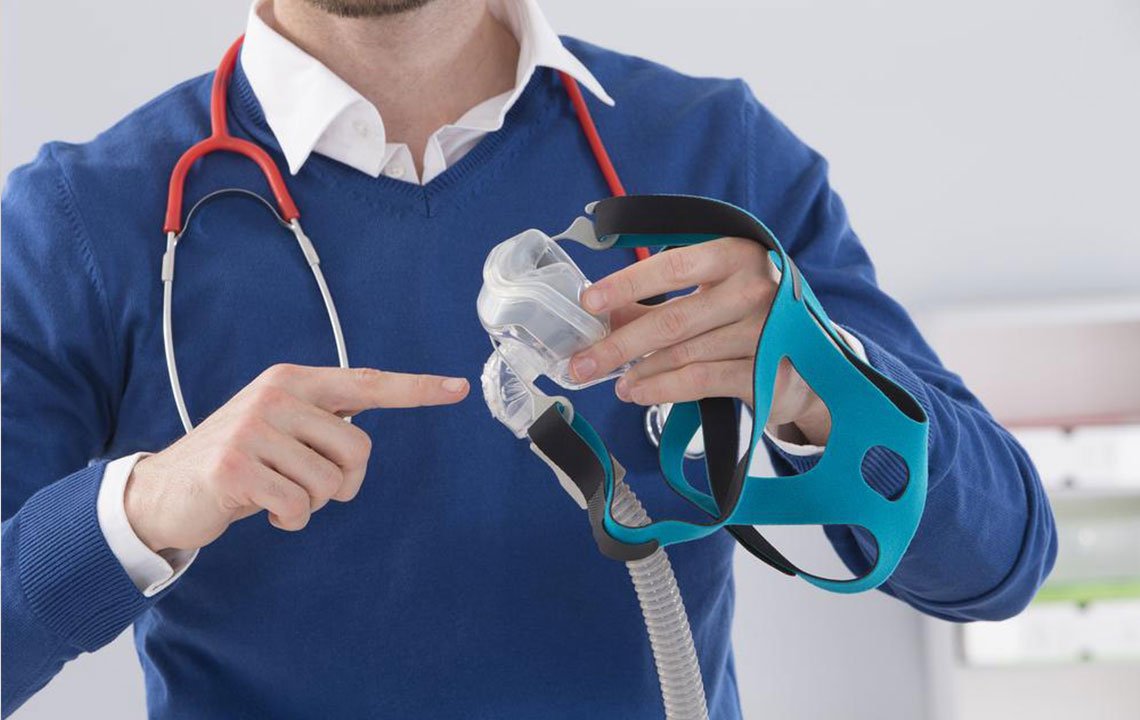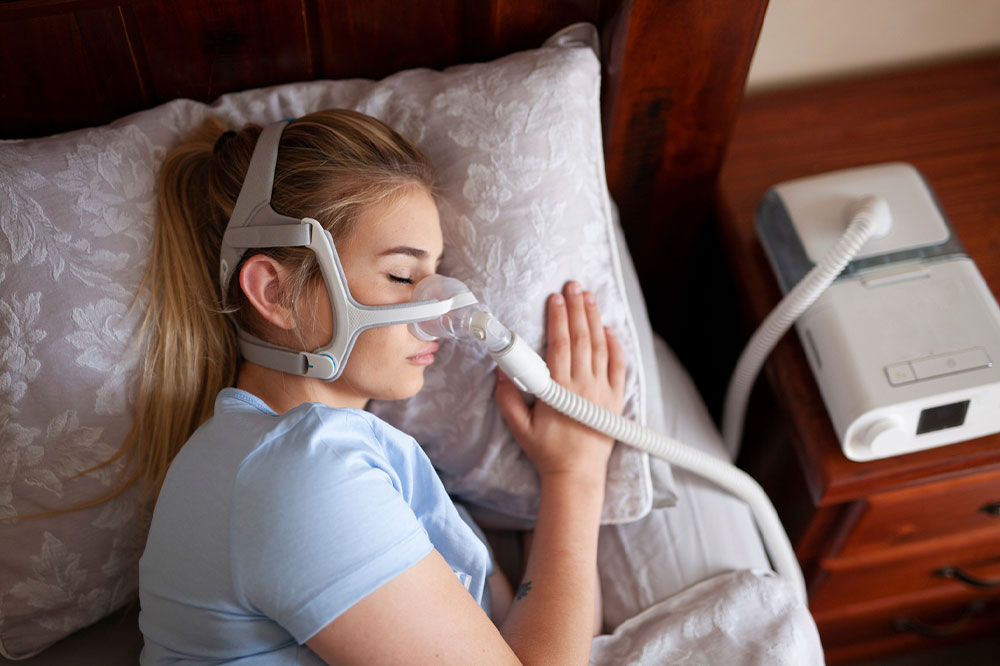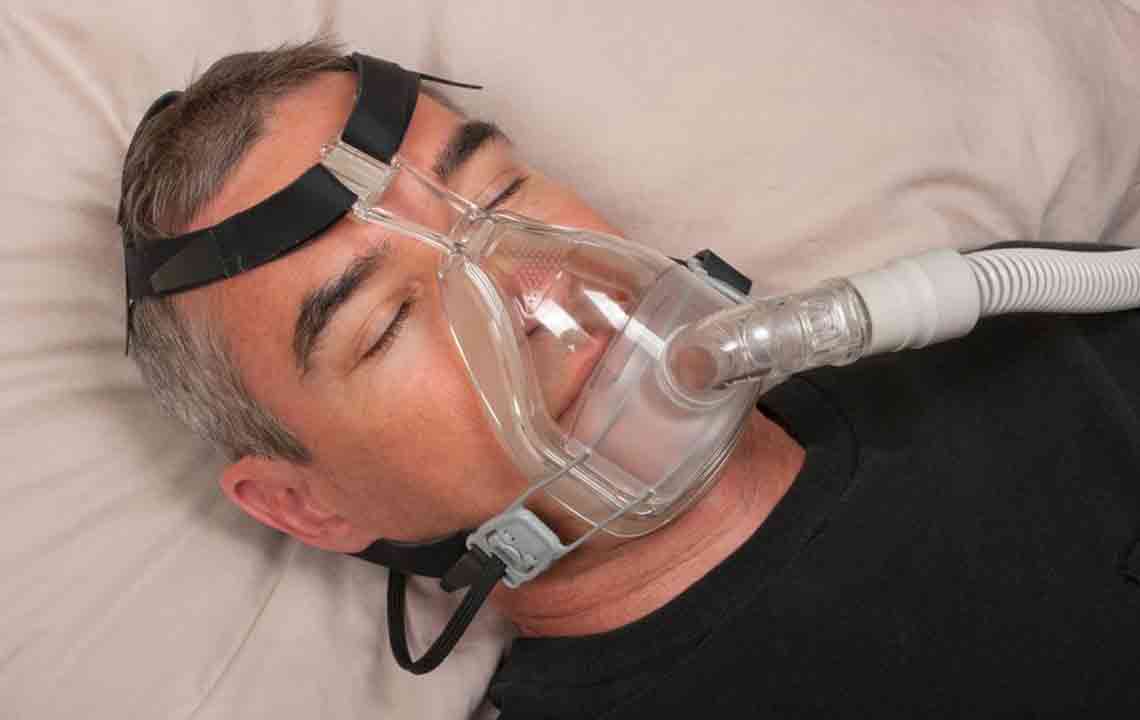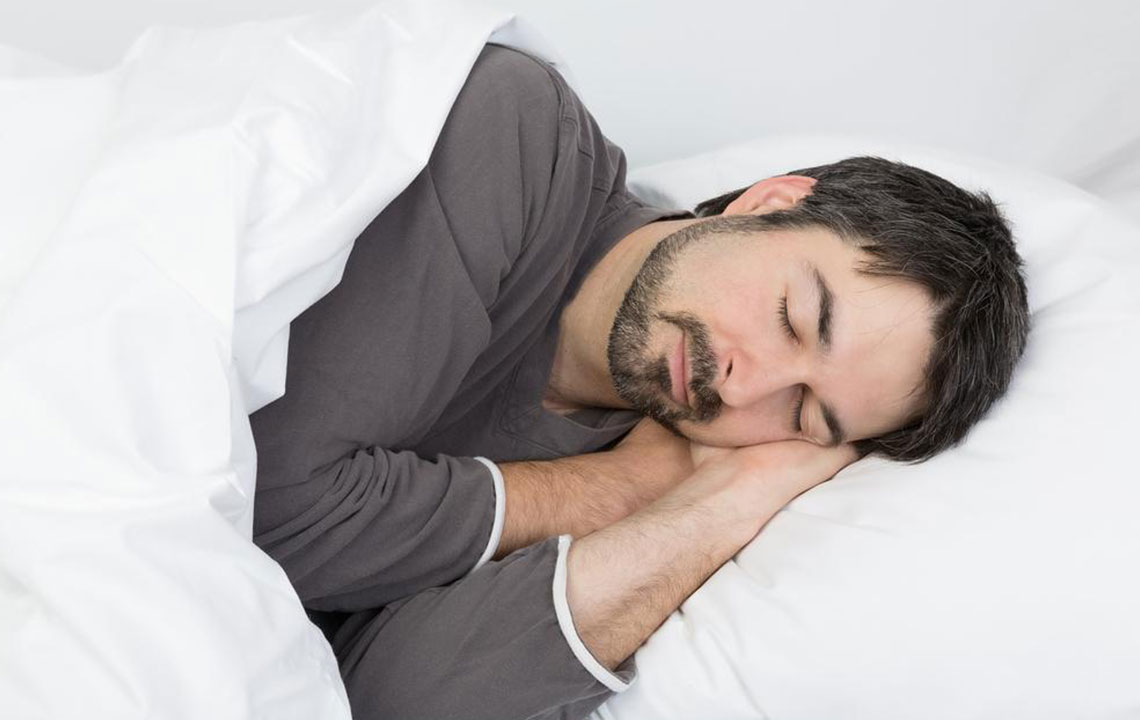Comprehensive Guide to Dental Solutions for Sleep Apnea Management
This comprehensive article explores dental solutions for sleep apnea management, including Mandibular Advancement Devices and Tongue Retaining Devices. It details their benefits, how they work, the process of getting fitted, and how they can be combined with traditional therapies like CPAP. Emphasizing a non-invasive, cost-effective approach, the guide highlights the importance of consulting professionals for personalized treatment. Perfect for those seeking comfortable, portable alternatives to CPAP, these dental appliances offer a practical solution to improve sleep quality and overall health.
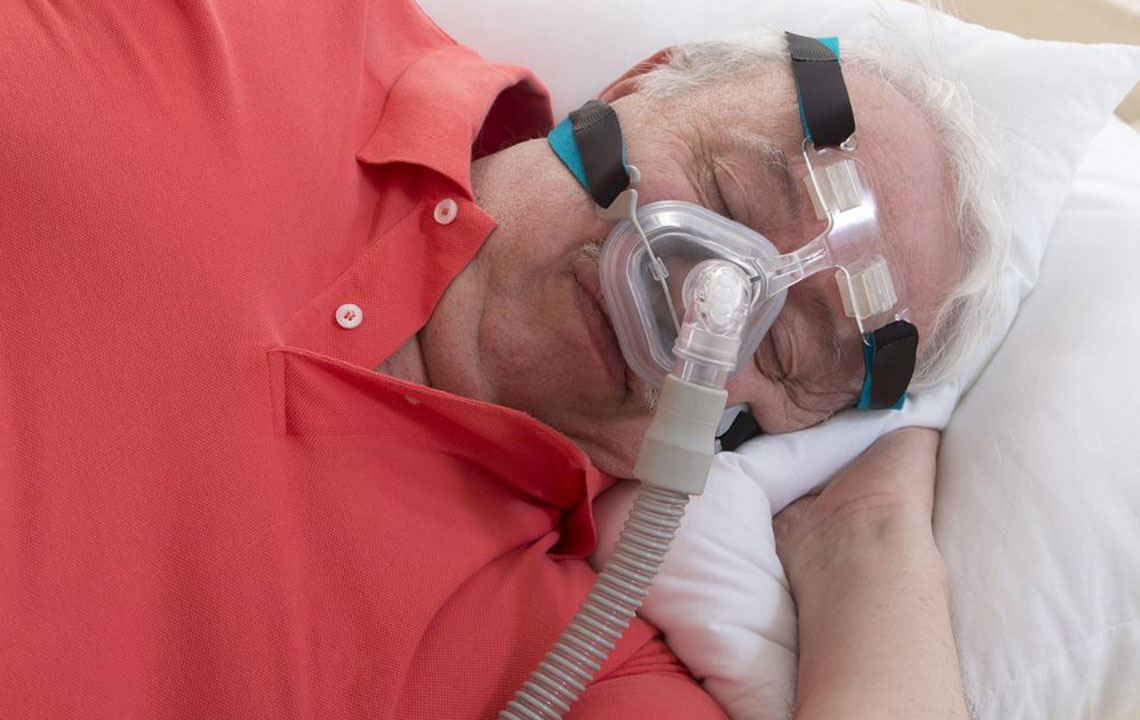
Comprehensive Guide to Dental Solutions for Sleep Apnea Management
Experiencing frequent pauses in breathing during sleep can significantly impact your health and quality of life. This common issue often points to a condition known as sleep apnea, a serious disorder that disrupts normal breathing patterns throughout the night. Sleep apnea not only leads to poor sleep quality but also increases the risk of cardiovascular problems, daytime fatigue, and other health complications. Recognizing and effectively managing sleep apnea is crucial for maintaining overall well-being. Among various treatment options, dental solutions have gained popularity as a safe, non-invasive, and effective alternative or complement to traditional therapies.
Sleep apnea, particularly obstructive sleep apnea (OSA), occurs when the muscles of the throat relax excessively during sleep, causing the airway to narrow or collapse. This obstructions lead to interrupted breathing, often accompanied by loud snoring and restless nights. The recurrent episodes of breathing cessation deprive the brain and body of vital oxygen, resulting in fragmented sleep and subsequent daytime drowsiness, impaired concentration, and increased risk for heart-related diseases. Often, individuals are unaware that they have sleep apnea; therefore, seeking medical evaluation is essential if symptoms such as snoring, choking during sleep, or excessive daytime sleepiness are present.
Why Choose Dental Devices for Sleep Apnea?
Traditional treatments for sleep apnea, particularly Continuous Positive Airway Pressure (CPAP) therapy, involve wearing a mask that delivers steady air pressure to keep the airway open. While highly effective, many patients find CPAP machines uncomfortable due to noise, cumbersome fit, or claustrophobia. For these reasons, alternative treatments such as dental devices have become increasingly popular, offering a more comfortable and discreet option for managing sleep apnea.
Dental appliances are custom-made oral devices that alter jaw positioning or hold the tongue in a way that prevents airway obstruction. Their design focuses on advancing the lower jaw or maintaining the tongue’s position to keep the airway open during sleep. These solutions are especially suitable for mild to moderate sleep apnea cases, or for patients who prefer a non-invasive, portable, and cost-effective alternative to CPAP therapy.
Types of Dental Devices for Sleep Apnea
There are primarily two types of dental appliances used in sleep apnea management, each with specific mechanisms and benefits:
Mandibular Advancement Devices (MAD) – These are the most common form of dental appliances for sleep apnea. MADs function by shifting the lower jaw forward, which in turn enlarges the airway passage and reduces the likelihood of airway collapse during sleep. By enhancing airway stability, MADs can significantly reduce snoring and apneic episodes. Custom-made to fit the patient’s mouth, these devices can be adjusted for comfort and effectiveness, providing a practical solution for many sufferers. The typical cost for a MAD lies in the range of $1500 to $2200, depending on the complexity and customization level.
Tongue Retaining Devices (TRD) – Unlike MADs, TRDs work by physically holding the tongue in a forward position, preventing the tongue from falling back and obstructing the airway during sleep. These devices are particularly helpful for patients with a naturally large tongue or certain anatomical features that contribute to airway blockage. While initial discomfort can occur, many users find that with proper adjustment, TRDs become comfortable and effective. The price usually ranges from $1800 to $2000, comparable to MADs.
A Synergistic Approach: Combining Dental Devices with CPAP Therapy
For severe cases of sleep apnea or when a single treatment does not suffice, combining dental solutions with CPAP therapy may provide optimal results. CPAP therapy, widely regarded as the gold standard for moderate to severe sleep apnea, uses a machine to deliver mild air pressure to keep the airway open. However, some patients experience discomfort or intolerance to the mask. Using a dental device in conjunction with CPAP can reduce the required air pressure, increasing comfort and compliance. Custom-designed oral appliances can also serve as a backup if the patient cannot tolerate CPAP at times. The cost for these combined solutions varies based on size, customization, and the severity of the condition.
The Benefits of Dental Sleep Appliances
Dental devices for sleep apnea offer several advantages over traditional treatments. Their benefits include:
Non-invasive and comfortable: Unlike surgical interventions, dental appliances are non-invasive and can be used at home without anesthesia or recovery periods.
Portability and convenience: Small and lightweight, these devices are easily transportable, making them ideal for travel.
Cost-effective: Typically costing between $1500 and $2200, dental appliances are more affordable than surgical options and often covered by insurance plans.
Customizable fit: Modern dental devices are custom-made for each patient, ensuring a better fit and improved comfort.
Improved compliance: Many patients prefer dental devices over CPAP due to comfort and ease of use, leading to better treatment adherence.
Choosing the Right Dental Device
Choosing the appropriate dental appliance depends on various factors including the severity of sleep apnea, anatomical considerations, personal preferences, and budget. Consulting with a sleep specialist or a qualified dentist experienced in sleep medicine is crucial for an accurate diagnosis and personalized treatment plan. A thorough examination, sometimes including sleep studies, will determine if a dental device is suitable and which type offers the greatest benefit.
The Process of Getting a Dental Sleep Appliance
The journey typically involves several steps:
Initial consultation: Your healthcare provider assesses your symptoms and medical history.
Sleep evaluation: A sleep study may be conducted to gauge the severity of sleep apnea.
Dental impression: Precise molds of your teeth and jaws are taken to create a custom device.
Fitting and adjustments: The dental appliance is fitted, and adjustments are made for optimal comfort and efficacy.
Follow-up: Regular check-ups ensure that the device remains effective and comfortable over time.
Cost Considerations and Coverage
The cost of dental appliances for sleep apnea generally ranges from $1500 to $2200. Insurance coverage varies; some plans include partial coverage based on medical necessity, while others might not. It is advisable to check with your insurance provider before proceeding with treatment. Additionally, some dental clinics offer financing options to make treatment more affordable.
Conclusion: Effective and Cost-efficient Sleep Apnea Management
In conclusion, dental solutions such as Mandibular Advancement Devices and Tongue Retaining Devices provide effective, comfortable, and non-invasive options for managing sleep apnea. They are especially suitable for those who find CPAP therapy uncomfortable or who prefer a portable solution. When properly selected and fitted by a qualified professional, these appliances can significantly improve sleep quality, reduce apnea episodes, and enhance overall health. Combining dental devices with other therapies like CPAP can further optimize outcomes, especially in complex cases. If you suspect you have sleep apnea or are seeking an alternative treatment, consulting with a sleep specialist or dental sleep medicine expert is a vital first step toward restful, healthy sleep.
